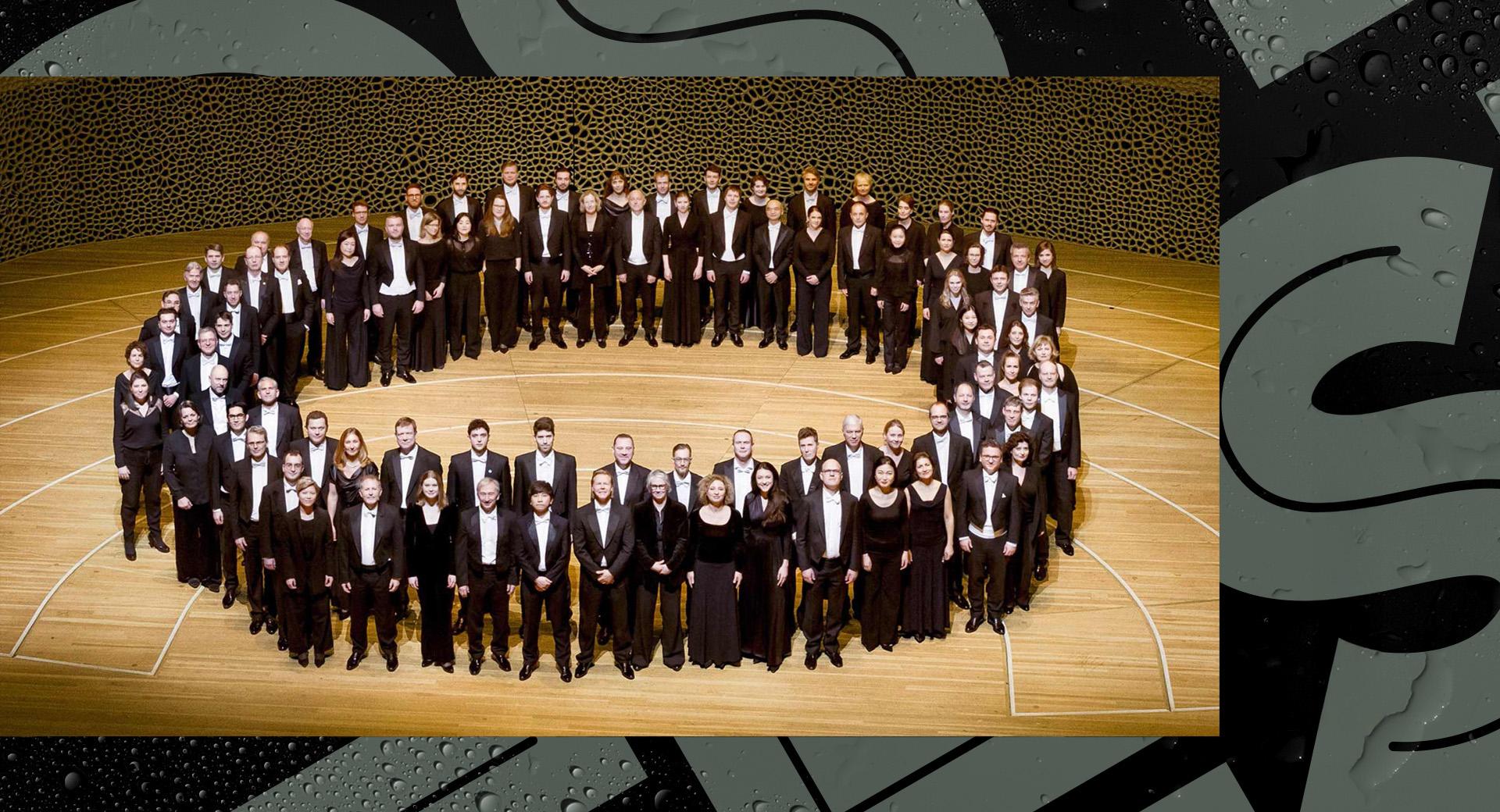Brahms contra Chin
After struggling for years with the shadow of Beethoven looming over him, Brahms was freed from his ghosts after the success of his first symphony. After that, it did not take long before Symphony No. 2 was completed as well, which is said to be Brahms’s own favourite symphony. Unsuk Chin’s music was last heard at Berwaldhallen in the autumn of 2017. That time, it was her clarinet concerto, now it is her playful but no less challenging Piano Concerto that will be tackled by acclaimed Swiss pianist, Francesco Piemontesi.
This production is part of one or more concert series.

South Korean Unsuk Chin, based in Berlin, is one of the foremost contemporary composers in the world. She is played in concert halls and opera houses across the globe, much appreciated for her bold and unconventional progressions, colourful orchestral sounds, lyrical depth and rhythmic imagination. And not least, her sense of humour. A certain affiliation with György Ligeti has been alleged – she studied composition under him – but Unsuk Chin is definitely more carefree.
She has said about her instrumental concerts – she has written for sheng (a traditional Chinese mouth organ), violin, clarinet as well as piano – that she creates extreme situations in order to force the soloists to go beyond what is possible. The Piano Concerto, on commission by the BBC in 1997, is no exception; it demands a lot from the pianist. Speaking of the piano concerto, Unsuk Chin has said that it reflects all eras of piano literature, from Scarlatti to the present, emphasizing the instrument’s energetic, virtuoso and playful aspects.
With his second symphony, that Johannes Brahms wrote in 1877, he definitely claimed his place among the greatest composers of his age. According to himself, his first symphony took 21 years from rough draft to finished piece, while the others evolved more rapidly after the positive responses to the first. Brahms himself allegedly claimed, concerning the difficulty with the first symphony, that you cannot have any idea what it is like “always to hear such a giant marching behind you”. The giant was of course Beethoven, and Brahms’s fist symphony is sometimes also called “Beethoven’s tenth”. The second symphony has also been compared to Beethoven when it has been called Brahms’s “pastoral symphony”.
The first movement opens with three notes in the deep violin parts, as a leitmotif that the composer keeps working on throughout the work. Despite its many lighter sounds, the symphony also holds darkness and, in Brahms’s typical manner, both introverted inquiry and extroverted euphoria. Of the four symphonies written by Johannes Brahms, this is said to have been his favourite.
Text: Jenny Leonardz
Change of conductor – Mirga Gražinytė-Tylas participation has been cancelled. Antony Hermus will replace her.
Due to this, the concert on the 7th of February has been cancelled.



